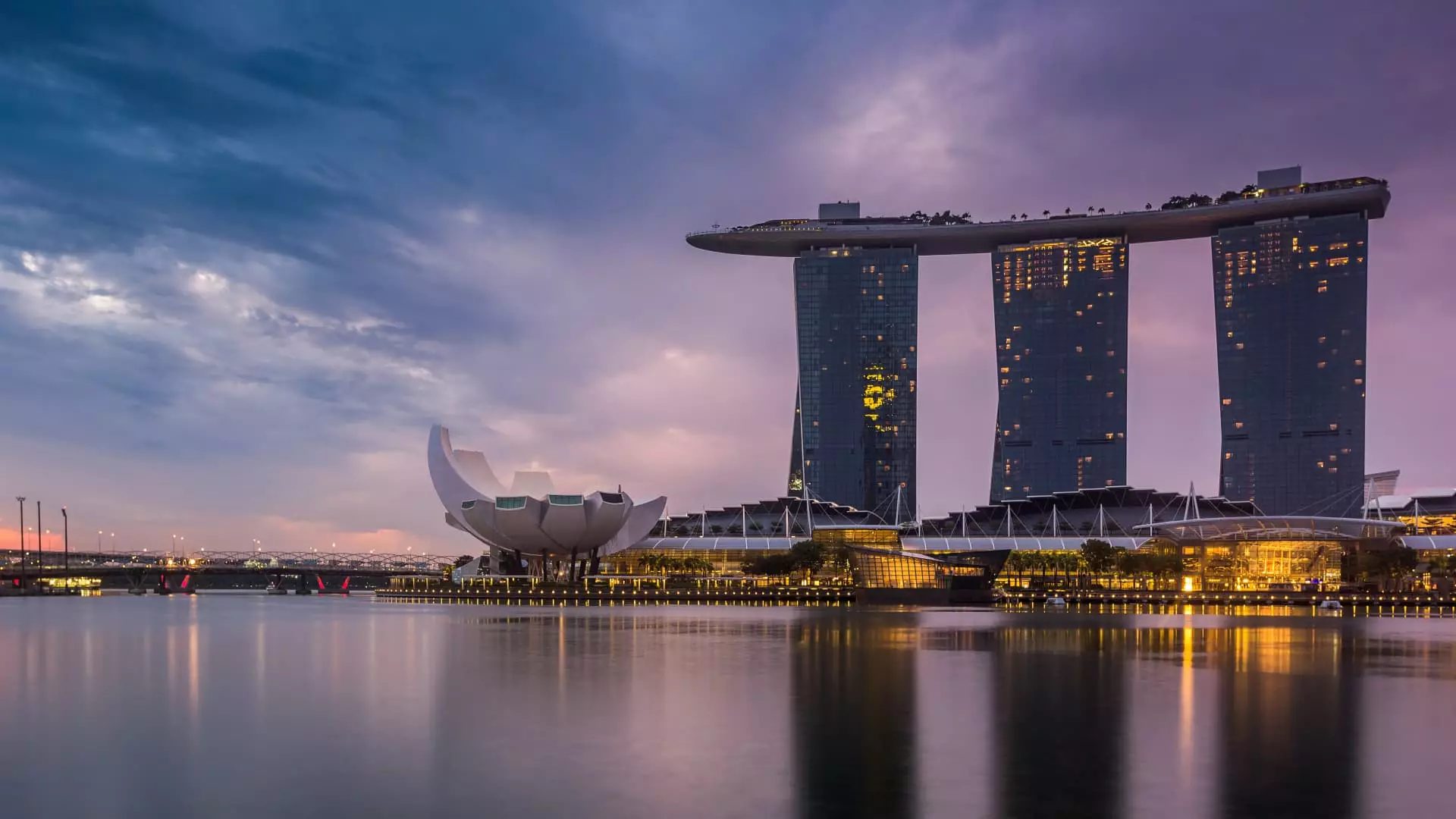The economic landscape is ever-changing, and the latest report from the Canadian think tank Fraser Institute reveals a significant shift in the global rankings of economic freedom. For the first time since its inception in 1970, Hong Kong has been surpassed as the world’s freest economy by Singapore. This change in rankings brings to light the delicate balance between economic, civil, and political freedoms.
The Economic Freedom of the World Index utilizes various criteria to gauge the level of economic freedom in different jurisdictions. These criteria include factors such as the ease of international trade, freedom to enter and compete in markets, and business regulations, among others. The report is based on data from 2021, the most recent year with comparable statistics across the 165 jurisdictions under scrutiny. It aims to measure the economic freedom of individuals and their ability to make independent economic decisions.
The Decline of Hong Kong
With Hong Kong’s descent to second place, it is imperative to examine the factors that contributed to this downfall. According to the report, new regulatory barriers to entry, rising business costs, and limitations on hiring foreign labor have tarnished Hong Kong’s ranking. Moreover, the government’s increasing intervention in the private sector has further eroded economic freedom. Fraser Institute’s senior fellow, Matthew Mitchell, asserts, “Hong Kong’s recent turn is an example of how economic freedom is intimately connected with civil and political freedom.”
The imposition of a national security law by China in 2020 has been widely criticized for impinging on Hong Kong’s autonomy. This legislation introduced severe penalties, including life imprisonment, for crimes related to secession and sedition. The repercussions of these restrictive measures have undoubtedly impacted Hong Kong’s economic freedom. Mitchell predicts that the city’s prosperity may suffer as a result.
Singapore’s Rise to the Top
In contrast, Singapore has emerged as the new leader in economic freedom. The city-state’s ascent can be attributed to improvements in its size of government and regulation components. The report highlights that Singapore’s overall score increased by 0.06 points, securing its position at the top of the rankings. Switzerland, New Zealand, and the United States claimed the third, fourth, and fifth spots, respectively. Notably, the United Kingdom secured the sixth position, while Japan and Germany obtained the 20th and 23rd places, respectively.
Economic freedom plays a pivotal role in fostering prosperity and individual empowerment. Jurisdictions that prioritize economic freedom create an environment that encourages entrepreneurship, investment, and innovation. Such economies are more likely to attract businesses, generate job opportunities, and improve the standard of living for their citizens.
A Call for Reflection and Improvement
The shift in rankings serves as a reminder of the constant need for self-reflection and improvement in economic policies. Hong Kong’s decline underscores the importance of preserving the delicate balance between economic, civil, and political freedoms. It is crucial for governments worldwide to reassess their regulations and ensure that they do not impede economic freedom. By fostering an environment conducive to economic growth and individual agency, nations can strive towards greater prosperity and well-being for their citizens.
Singapore’s rise to the top of the economic freedom rankings marks a significant shift in the global economic landscape. Hong Kong’s decline serves as a cautionary tale, highlighting the detrimental effects that restrictive policies can have on economic freedom. As the world continues to navigate economic challenges, it is essential to prioritize and safeguard economic freedom to promote prosperity and empower individuals.


Leave a Reply